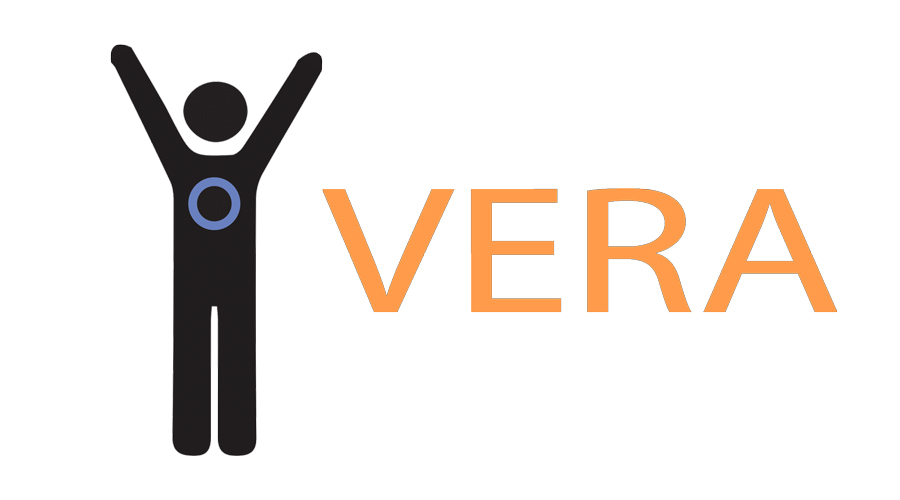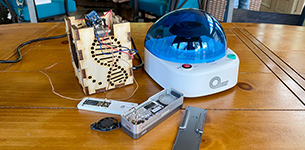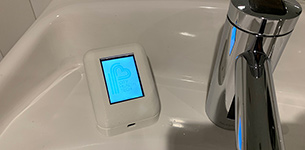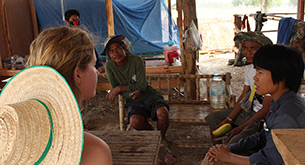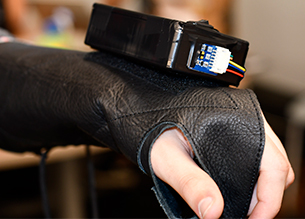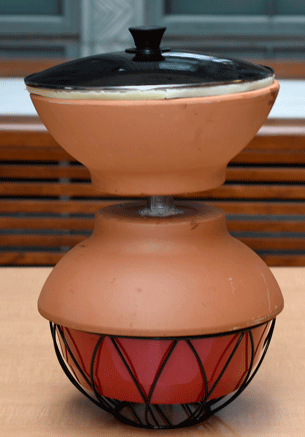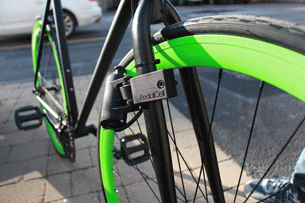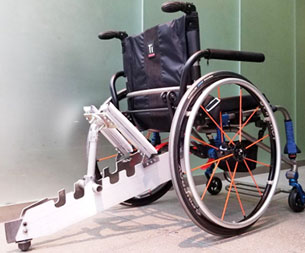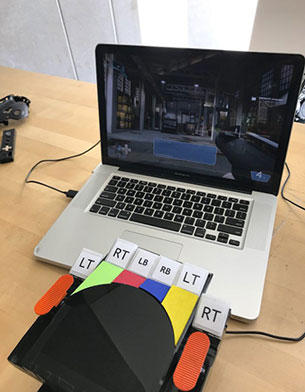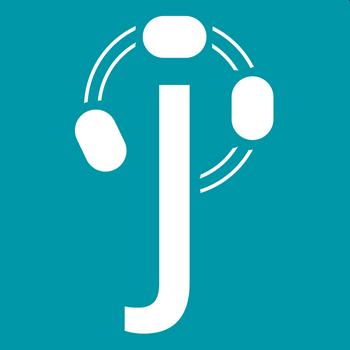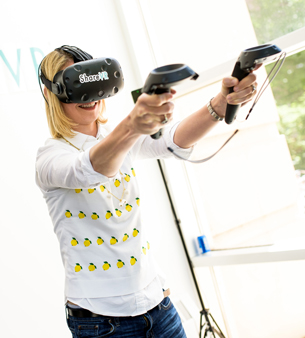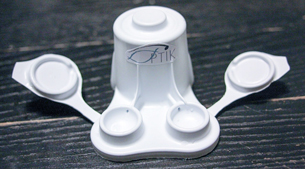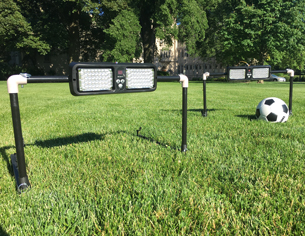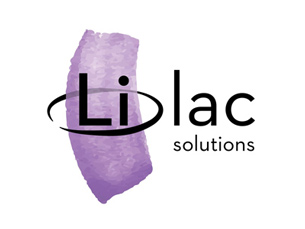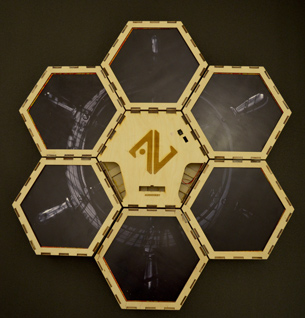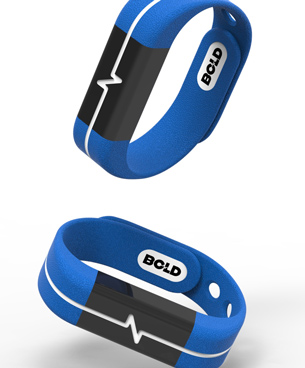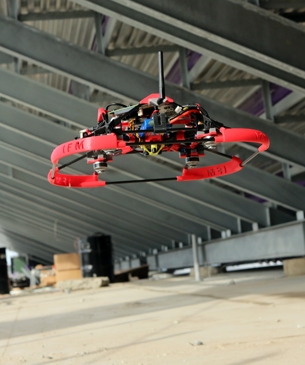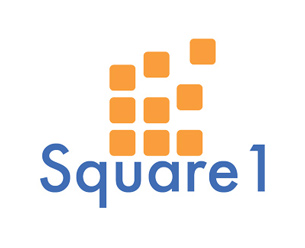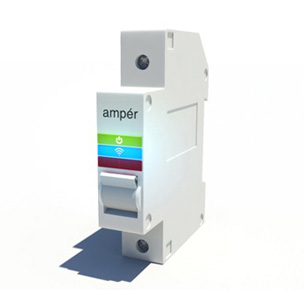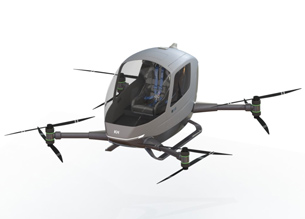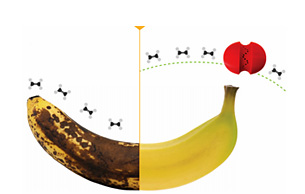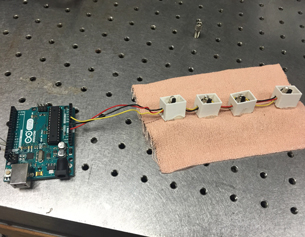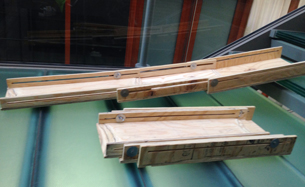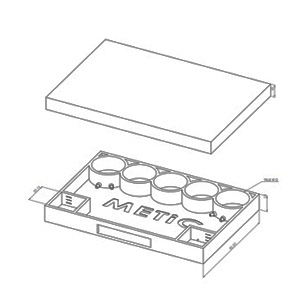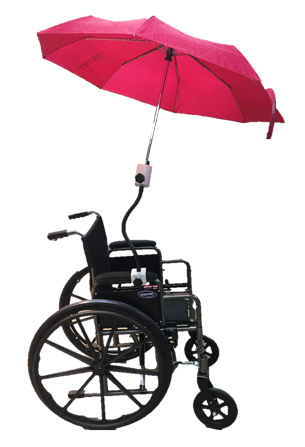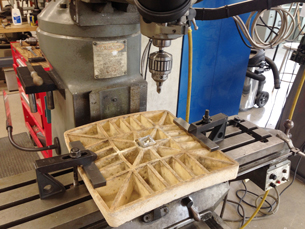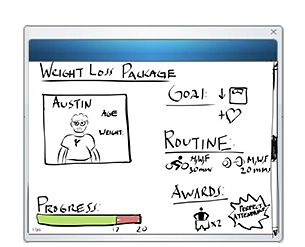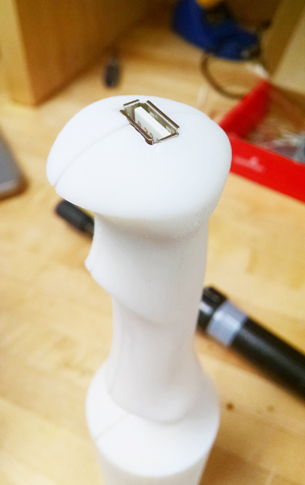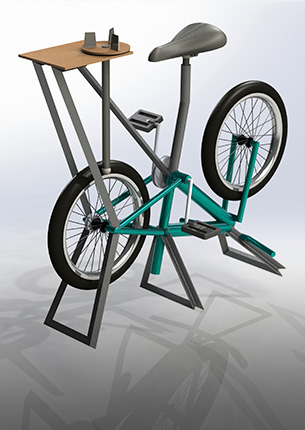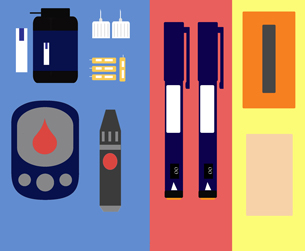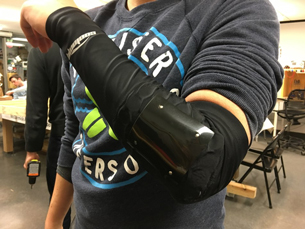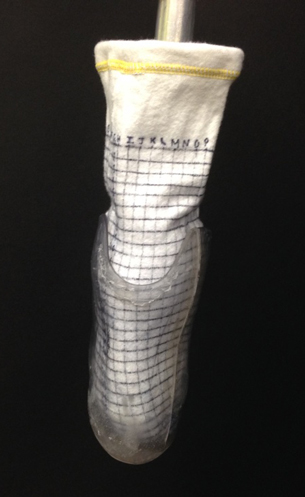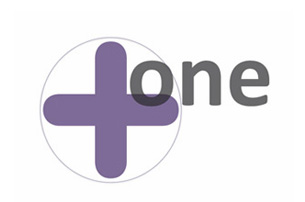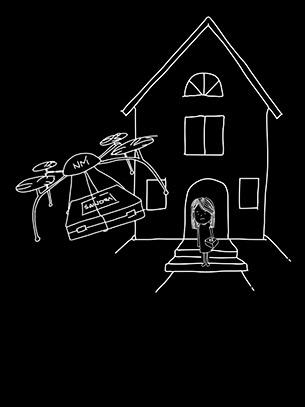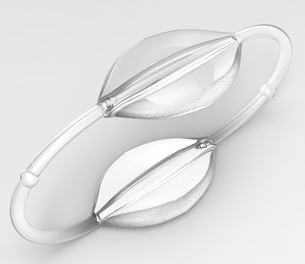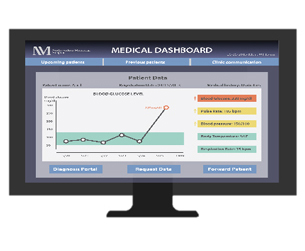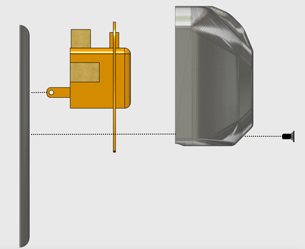VERAA tool to help patients with diabetes
Blossoming from the Design for America Summer Studio, a six-week human-centered, social impact-oriented design program at Northwestern, the four VERA founders partnered with a research team at Northwestern Medicine to improve patients’ diabetes management.
Problem
There are some 6,000 liver transplant patients in the United States each year and almost all of the patients will exhibit volatile blood sugar behavior because of the post-transplant regimen. In fact, nearly one in three patients will develop Type 2 Diabetes and require insulin treatment.
Though patients are educated about post-transplant care and diabetes management, this guidance often happens in the aftermath of the high-risk surgery, a period marked by intense stress and pain as well as decreased cognition. As a result, many of these patients are discharged from the hospital without a firm grasp of how to properly and effectively manage diabetes.
The road to recovery for liver transplant patients is scary and chaotic. Amidst tons of medical instructions, follow-up appointments, and visits to the pharmacy, we sought to understand how we might empower these patients to take control of their diabetes., VERA, Co-founder
Solution
VERA is a two-pronged solution designed to reinforce skills introduced in the hospital and streamline the interaction between patients and providers. VERA includes:
- A diabetes management training kit that details each tool’s function and how and when it should be used. These descriptions allow the diabetes management process to become more intuitive and, subsequently, observed by the patient.
- A web application, which features a training program instructing patients and their caretakers on how to use the equipment and addressing some of the common questions that arise as patients transition to independence.
Development Process
Following the Design for America Summer Studio in 2015, the four VERA founders pursued a Design Independent Study with industrial engineering professor Bruce Ankenman.
While the team initially had a system of three solutions designed to address patients’ post-surgery needs, the team streamlined its original efforts following discussions with Northwestern Medicine researchers and Ankenman. The founders moved forward with two of their original three ideas: the diabetes management kit and the web application.
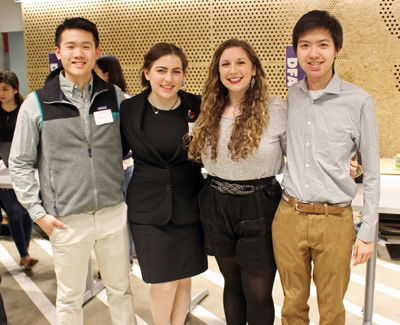
The team re-ideated, created a new round of mockups, and began testing. That round of testing spurred another with higher fidelity prototypes and, later, a report complete with build instructions for the diabetes management kit.
Current Status
In early 2016, the VERA team earned residency at The Garage, Northwestern’s innovation and entrepreneurship space. The group looks to manufacture 5-10 kits for extensive at-home testing during summer 2016 and is continuing to explore further streamlining the patient education process with standardized information supplied by providers.
Future steps include working with Northwestern Medicine to create plans for implementation at Northwestern Memorial Hospital, including integrating the VERA website into the hospital’s training modules to eventually help any individual facing Type 2 Diabetes.
Updated May 2016
TeamVincent Cheng (chemical engineering), Eleni Dima (comparative literary studies, anthropology, global health), Ashley Jahren (computer engineering), Robert Luo (applied mathematics)
DFA MentorsAlex Richard, Bruce Ankenman
Community PartnerNorthwestern Medicine


